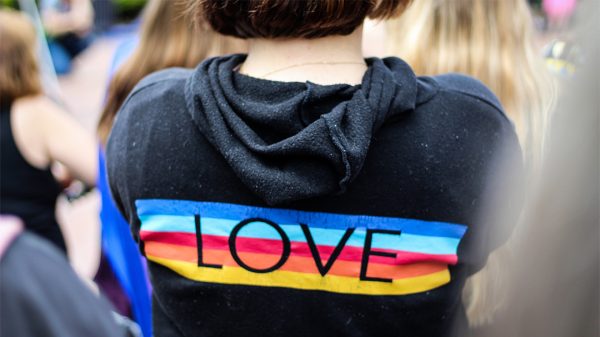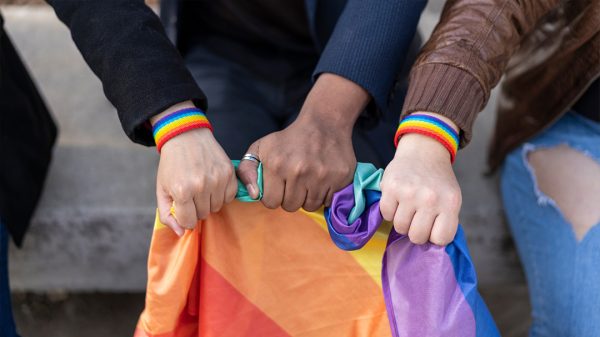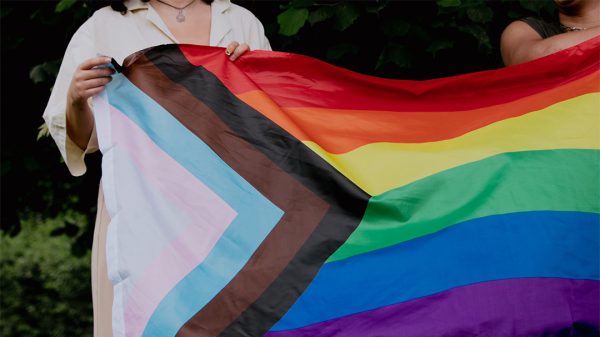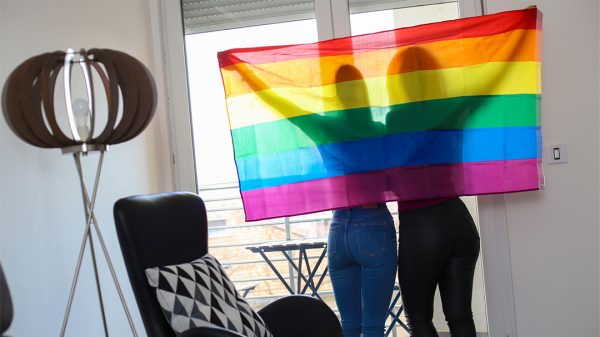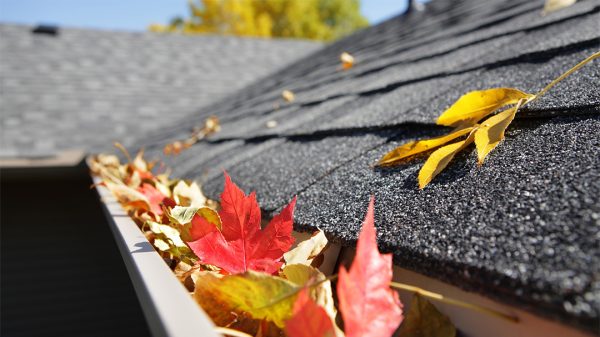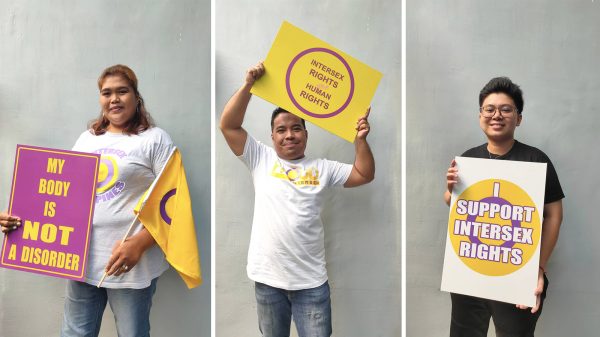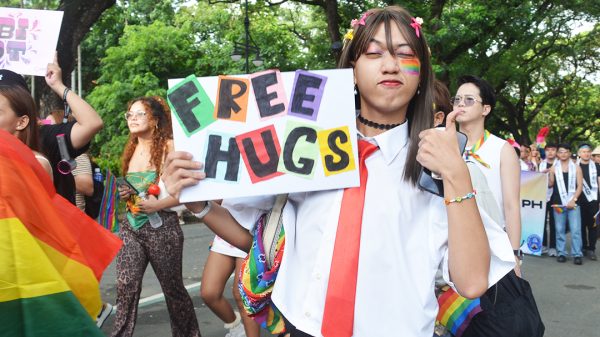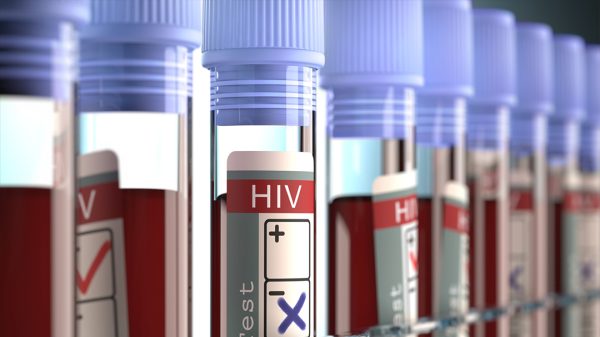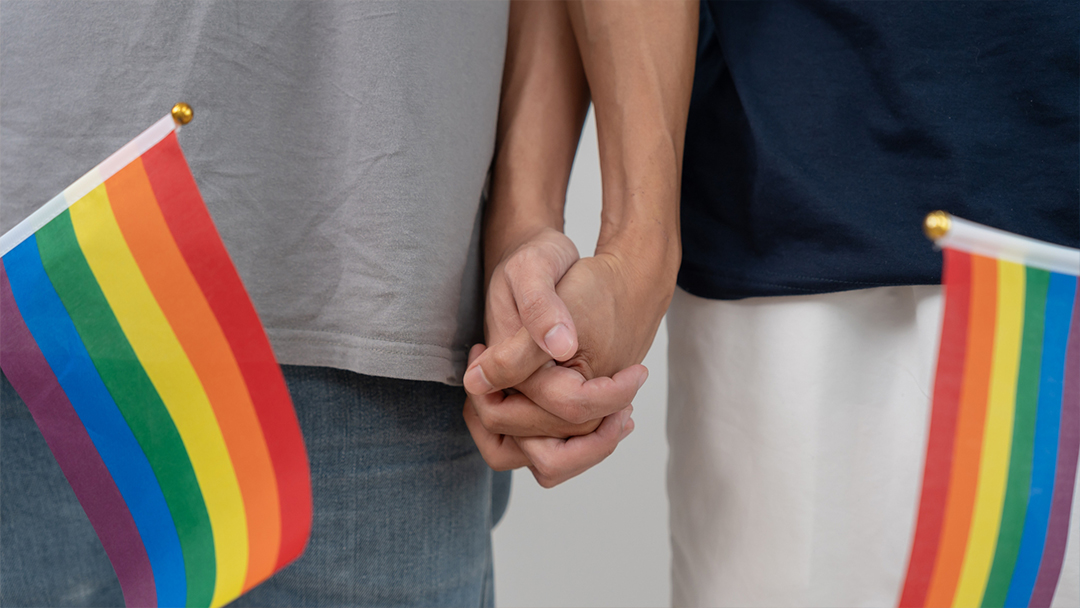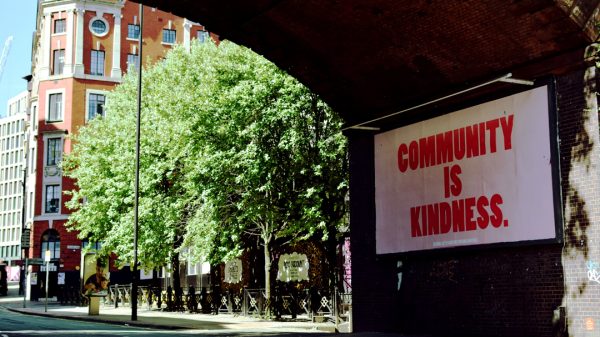LGBTQIA+ college students living in conservative locations have reported far worse mental health than their counterparts in more liberal areas.
This is according to a report, “The impact of political climate on the mental health of LGBTQIA+ college students” by Lisa Thomas, that was published in the Journal of American College Health.
Previous work has shown that LGBTQIA+ are at higher risk of mental health problems. However, whether the political climate affects their mental health is less clear. So Thomas analyzed data from the Healthy Minds Study national that was completed by 69,516 18-25-year-old college students in the US, between August 2023 and May 2024.
From this pool, almost a third identified as lesbian, gay, bisexual, transgender, queer/questioning, intersex, asexual/agender/aromantic, and/or a gender other than cisgender and/or a sexual orientation other than heterosexual (LGBTQIA+).
Results, Thomas uncovered, fell in line with previous studies; overall LGBTQIA+ students were shown to more likely to be anxious, depressed, or suicidal than the other students.
The data highlighted:
- More than a third reported being ‘moderately severely’ to ‘severely’ depressed.
- More than a quarter were severely anxious.
- One in 20 had tried to commit suicide.
LGBTQIA+ students were also:
- More than twice as likely to have symptoms of severe depression and to feel that they would be better off dead.
- Nearly three times as likely to have thought about, planned, or attempted suicide in the past year.
Crucially, the analysis went on to show that the LGBTQIA+ students’ mental health was particularly bad if they were at college in conservative states. [States were categorized as liberal/ very liberal (21), conservative/ very conservative (24), neither conservative nor liberal (five), based on the way they voted in the most recent presidential election and the political affiliation of their governor and senators.]
Looking at depression, the LGBTQIA+ students were more likely to be depressed — and to be more severely depressed — if they lived in a conservative state. For example, 36.2% of the LGBTQIA+ students in conservative states said they’d had symptoms of moderately severe to severe depression in the past two weeks, versus 28.3% of those in liberal states.
Similarly, LGBTQIA+ students in conservative states were more likely to be severely anxious than those in liberal states (27.7% versus 21.8%).
Some 19.5% of the LGBTQIA+ students in conservative states said they felt afraid, as if something awful might happen. This compares with 12.8% of those in liberal states and 8.8% of the non-LGBTQIA+ students.
Finally, 15.1% of the LGBTQIA+ students in conservative states had made a plan to commit suicide over the past year, compared with 11.4% of those in liberal states. LGBTQIA+ students in conservative states were also more likely to have attempted suicide (5.1% versus 2.4%).
Further analysis showed that the link between political climate and depression was particularly strong.
The study, Thomas emphasized, provides strong evidence that political climate plays a crucial role in the mental health of LGBTQIA+ students — with potentially life-threatening consequences.
“There are two key reasons for the poorer mental health of LGBTQIA+ students in conservative states.”
“Firstly, colleges in conservative states are less likely to have clear anti-discrimination policies and to provide resources such as gender-inclusive housing and LGBTQIA+ student centers, all of which can leave students feeling exposed, unsupported, or even unsafe on their own campuses.
“Meanwhile, state-wide policies, such as anti-trans bills and the scrapping of diversity, equity, and inclusion (DEI) programs, can leave LGBTQIA+ students in a constant state of fear, as they wonder if their rights will be taken away or if they will be publicly shamed for who they are.”
Thomas stressed that there is an urgent need for colleges to become more inclusive. This could be by bringing in formal non-discrimination policies and LGBTQIA+ resource centers and training staff on creating inclusive classroom environments.
“Colleges and universities must do more than just say they support LGBTQIA+ students — they have to back that up with real action,” Thomas said. “That includes creating safe and inclusive policies, offering mental health support that is tailored to LGBTQIA+ experiences, and building a campus culture where all identities are respected and affirmed.”

